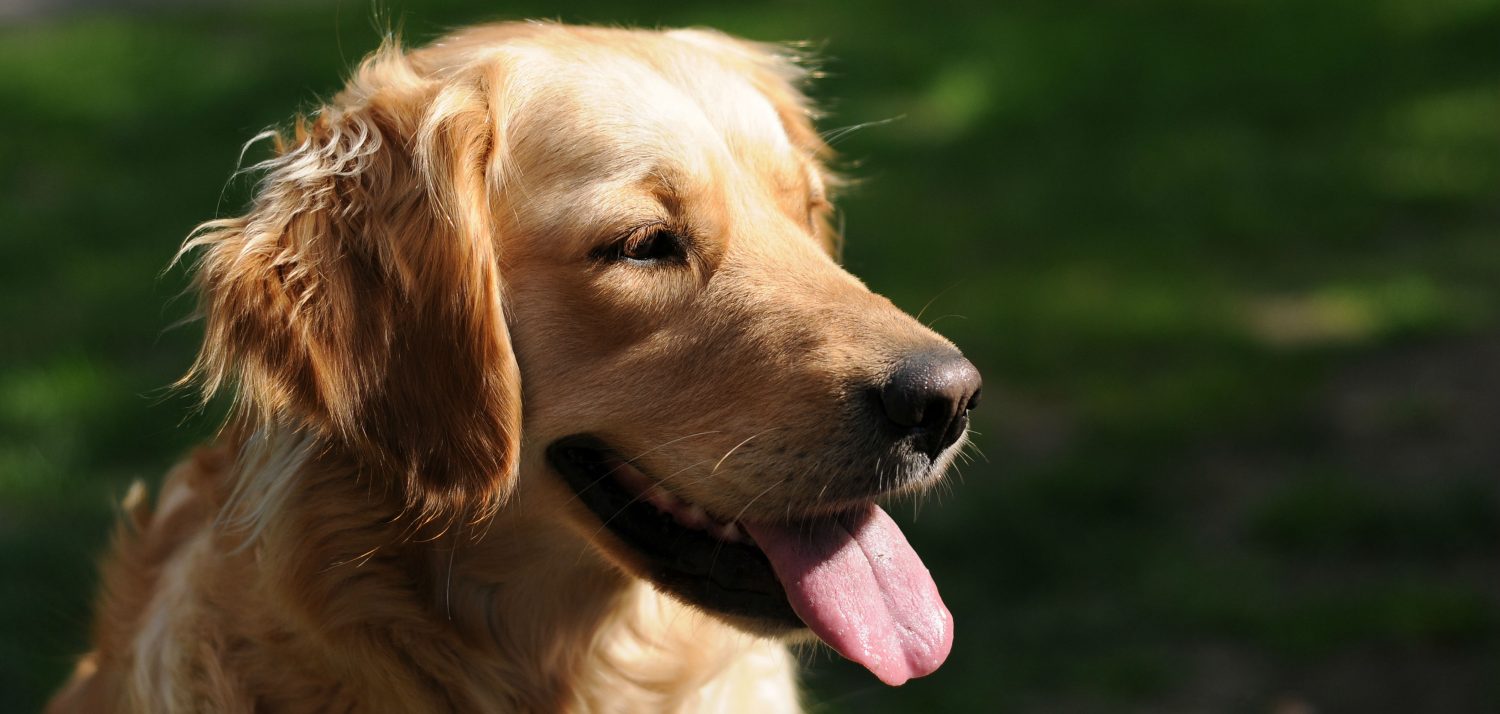What is causing my dog’s chronic cough and how should we treat it?
Original Question: What causes a severe whooping cough in dogs? My dog has had a cough for over 6 months now. We have visited the vet many times and the troubleshooting has still not cured her cough. She is a 12-year-old Lab/Beagle mix. We have treated her for worms, a possible collapsed lung, muscle spasms, throat infections, and medication for respiratory disease. Nothing is working and she is an otherwise healthy dog. The latest test is for lungworm. Do you have an opinion on what this could be? - Connie
 Mar 5, 2018
Mar 5, 2018
Hi Connie,
Thanks for your question and I am sorry that you’re dealing with this.
Determining the cause of a cough can be difficult. A short list of the most common conditions would be bronchopneumonia, infectious tracheobronchitis (kennel cough), cardiac disease, chronic bronchitis, primary lung tumors, lungworm, tracheal collapse or other respiratory tract infections.
Here’s the biggest problem I find with determining the cause of a cough and controlling it. Some of these conditions are difficult test for. It’s important that we rule out the common issues by performing tests so your vet can determine whether there is a broncopneumonia, cardiac disease, primary lung tumors, tracheal collapse, or other respiratory tract infections. I would recommend that blood work be performed if you haven’t already to see if there is any infectious response in the body. The specific test for lungworm is also a good idea.
So here is some key advice. The first thing you could consider is having the radiographs evaluated by a radiologist. This is not a very expensive test and can yield really valuable information. You have to remember that veterinarians treat everything, but radiologists will have an advanced ability to evaluate difficult radiographs. Determining tracheal collapse requires x-rays to be taken at the moment of inspiration, which can be difficult to achieve in an excited dog. I will often give a subtle amount of sedation to achieve a high-quality radiograph. In the case of cardiac disease, you may have to perform an expensive cardiac ultrasound to evaluate whether it may exist or not. The least expensive step I would recommend you take at this time is the referral to the radiologist.
The more difficult thing is trying to identify a condition like chronic bronchitis. As dogs age, the radiographic appearance of their lungs changes even when they’re healthy. Chronic bronchitis can be a diagnosis that is difficult to be certain of because older dogs start to have lungs that look like there is mild inflammation in them even when they’re healthy. Sometimes it’s important that a veterinarian consider a treatment for the suspected disease without being absolutely certain. It’s ideal to have a diagnosis before implementing the treatment, but some times the diagnosis is difficult to achieve. I would first really recommend a referral to a radiologist to see if you can achieve that diagnosis.
If all of these tests of been performed and nothing has been found, then you could consider treating the symptoms. Common medication that is given to suppress the cough is called Hydrocodone. Some vets may not be that familiar with this medication or don’t often prescribe it. You could discuss using this with your veterinarian as a trial to see if it controls the condition in absence of a diagnosis. You can also avoid things that trigger a cough, such as vigorous exercise, calm pressure on the neck, or exposing your dog to a stimulus that makes your dog bark continuously further irritating the airway.
Hopefully some of these ideas help. Good luck.
Dr. Clayton Greenway
Disclaimer: healthcareforpets.com and its team of veterinarians and clinicians do not endorse any products, services, or recommended advice. All advice presented by our veterinarians, clinicians, tools, resources, etc is not meant to replace a regular physical exam and consultation with your primary veterinarian or other clinicians. We always encourage you to seek medical advice from your regular veterinarian.

